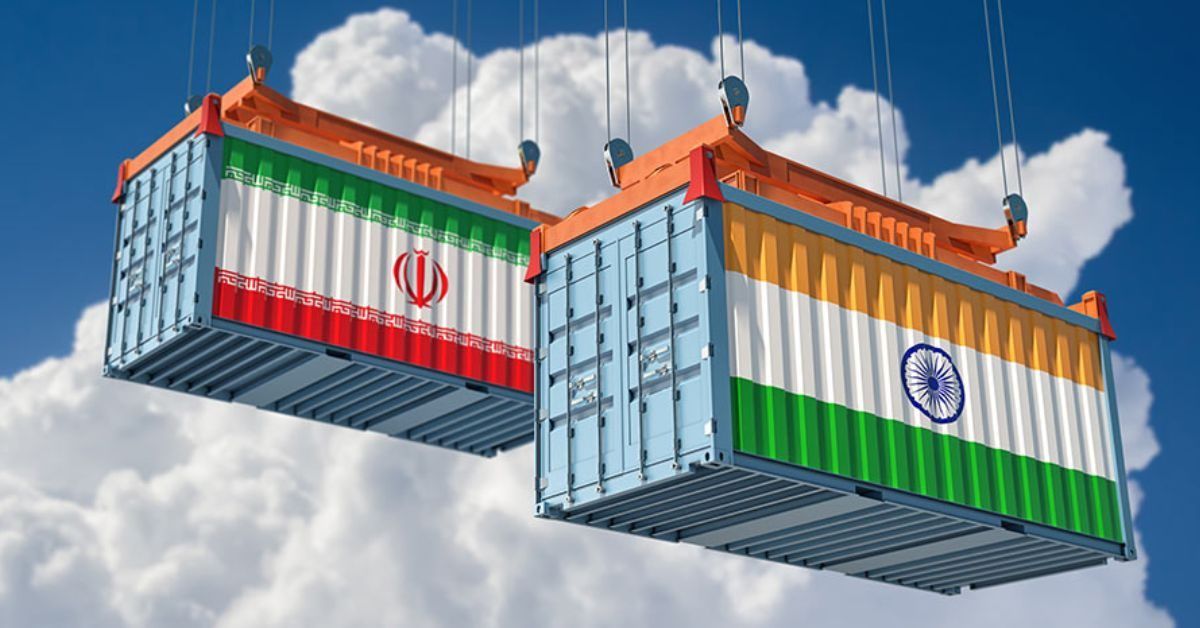An Iranian trade official has admitted that trade with India, one of its key partners, has dropped by up to a third due to global sanctions.
While the government does its best to downplay the impact of sanctions for Iran’s nuclear program, and more recently, its support of Russia’s invasion of Ukraine and human rights abuses, the deputy head of the Joint Chamber of Commerce of Iran and India, admitted that “following the intensification of sanctions, trade relations between Iran and India have diminished”.
It was an understatement however, with Iran reporting that trade in 2023 was down 26 percent from 2022, from $2.5b to $1.8. India’s exports to Iran for the period of January to December 2023 decreased by 35 percent to $1.2b, down from $1.8b.
Rice emerged as the primary export product from India to Iran in 2023. However, rice exports from India to Iran experienced a decline of 34 percent in 2023, dropping from $2b in 2022 to $723m.
In a statement released by India’s Ministry of Commerce and Industry, it was reported that the total trade volume between Iran and India reached $1.8 billion in 2023. This marked a decrease of 26 percent from the previous year, which recorded a trade volume of $2.5 billion in 2022.
China, the UAE, Iraq, Turkey, and India are Iran’s primary trade partners. Except for the UAE which primarily re-exports Iranian goods, the remaining four partners significantly reduced their imports of Iranian goods in 2023. China, for example, decreased its imports of Iranian non-oil products by 28 percent to $4.6b, while its exports to Iran increased by 8.6 percent to over $10b, according to China’s Customs statistics.
China hasn’t taken any direct Iranian oil since 2020 and doesn’t acknowledge any Iranian oil imports in its customs statistics. But according to Kpler’s data, seen by Iran International, Chinese independent small refineries, called teapots, imported about 1.2 million barrels per day of Iran’s crude oil and gas condensate, re-branded mostly as Malaysian oil.
Turkey’s Statistics Center also reported a 33 percent decline in imports from Iran last year, largely due to a reduction in natural gas imports. Turkey has drastically reduced its Iranian gas imports since July 2023, with average daily imports declining by 67 percent year-on-year to 10 million cubic meters.









